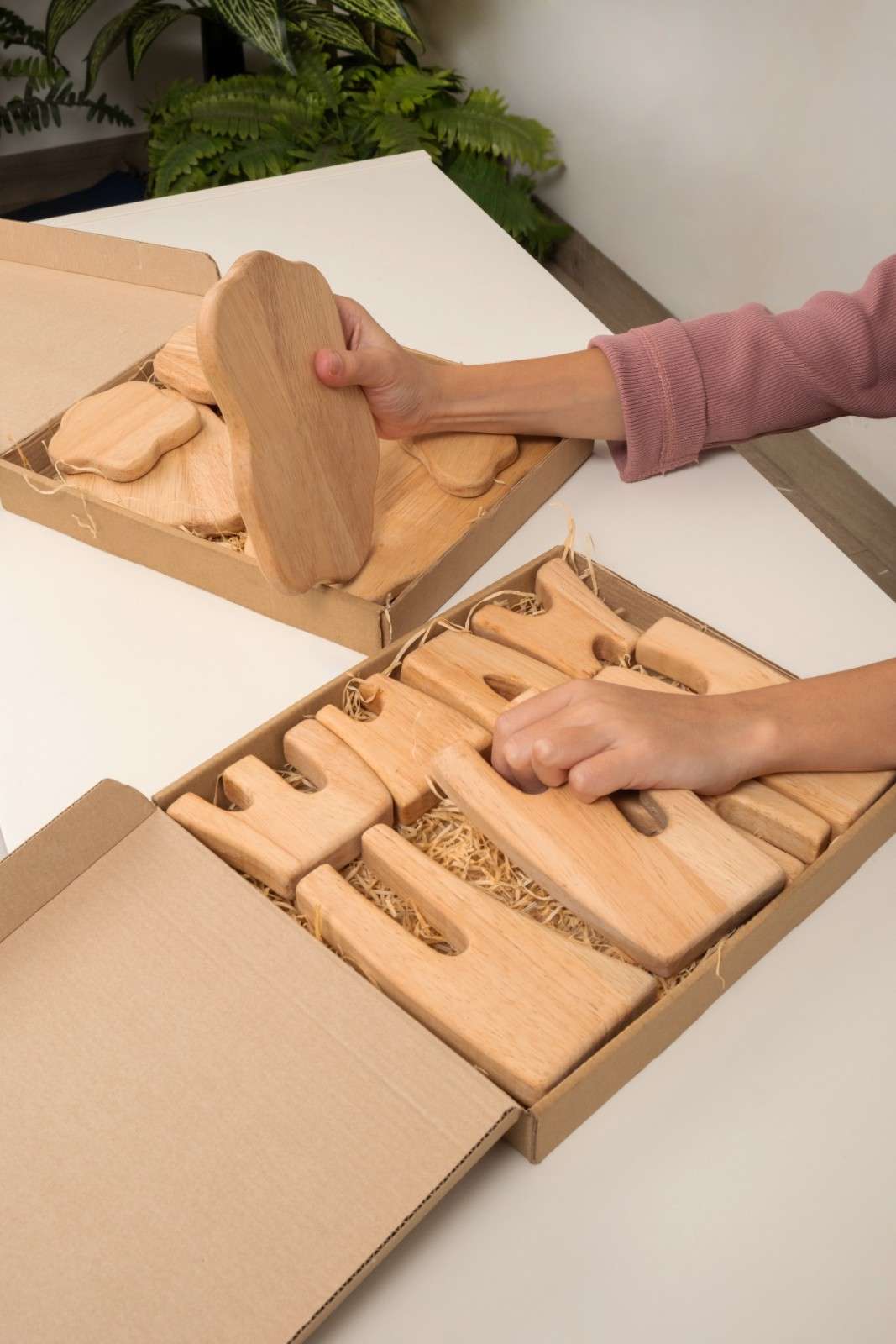Wooden toys hold a cherished place in cultures around the world, embodying rich traditions and timeless values. In this article, we'll delve into the cultural significance of these beloved playthings, from their origins to their enduring legacy.
Roots in Heritage
Traditional wooden toys are deeply rooted in cultural heritage, reflecting the values, customs, and lifestyles of different societies. From hand-carved figurines to intricately painted puzzles, these toys serve as tangible expressions of a community's identity and history. Passed down through generations, they connect children to their cultural roots and provide a glimpse into the past.
Symbols of Craftsmanship
Crafting traditional wooden toys is an art form in itself, requiring skill, patience, and attention to detail. Artisans around the world have honed their craft over centuries, mastering techniques passed down through generations. Each toy bears the mark of its maker, a testament to the enduring legacy of artisanal traditions and the value of handmade craftsmanship in a mass-produced world.
Vehicles of Learning
Traditional wooden toys serve as more than just playthings; they are valuable tools for learning and development. From simple stacking blocks to complex puzzle games, these toys stimulate cognitive abilities, problem-solving skills, and fine motor coordination. Moreover, they transmit cultural knowledge and skills from one generation to the next, fostering a sense of continuity and belonging within communities.
Bridges Across Generations
Wooden toys have a unique ability to bridge the generation gap, bringing together children, parents, and grandparents in shared play experiences. As grandparents pass down cherished toys from their own childhoods, they create lasting memories and strengthen familial bonds. These intergenerational connections enrich the cultural fabric of society, preserving traditions and values for future generations.
Sustainable Play
In an age of mass consumerism and environmental concerns, traditional wooden toys offer a sustainable alternative to plastic counterparts. Made from natural materials such as wood, they are biodegradable, non-toxic, and eco-friendly. By choosing wooden toys, families not only support local artisans and traditional craft industries but also promote environmentally responsible play practices.
Conclusion
As we reflect on the cultural significance of traditional wooden toys, we are reminded of their enduring appeal and timeless values. From their roots in heritage to their role in fostering family bonds and promoting sustainability, these beloved playthings hold a special place in the hearts of children and adults alike. By embracing tradition in a modern world, we honour the past while shaping the future of play.
